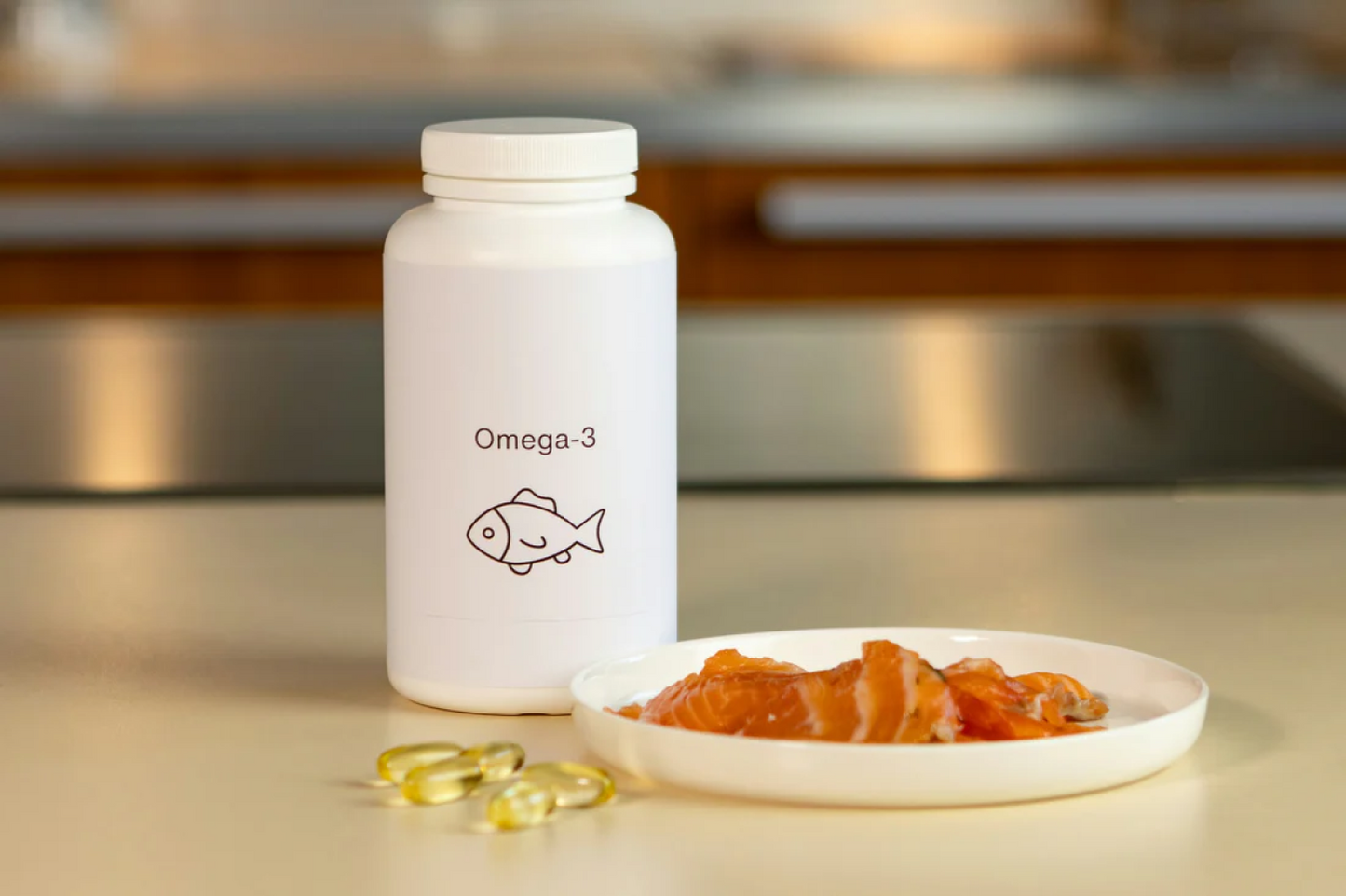
Omega-3 frequently surfaces in discussions about a healthy lifestyle, but what exactly is omega-3, and how do you ensure you're getting enough of it? The long-chain omega-3 fatty acids, which have a documented beneficial effect on our health, are found in fatty marine sources. Our bodies do not efficiently produce these long-chain omega-3 fatty acids on their own, so we need to obtain these beneficial fats through our diet. But what exactly should you eat?
What is omega-3?
Omega-3 is divided into short-chain and long-chain fatty acids, with the short-chain derived from plants and the long-chain from marine sources. Omega-3 comprises essential fatty acids (EPA and DHA) that our body cannot produce. They are crucial for us, as research shows omega-3 can contribute to normal heart function. Our brain also requires DHA because it contributes to normal brain function. Therefore, it's important that we choose a diet that provides us with sufficient omega-3 through the food we consume.
Are there different types of omega-3?
The short answer is: Yes, there are. Omega-3 fatty acids can be categorized into three individual types: ALA (short-chain), DHA, and EPA (long-chain).
ALA (Alpha-linolenic acid)
ALA stands for alpha-linolenic acid and is one of the essential fatty acids (the other is linoleic acid, which belongs to omega-6 fatty acids). Both alpha-linolenic acid and linoleic acid help the body maintain a normal cholesterol level.
DHA (Docosahexaenoic acid)
DHA is the most significant omega-3 fatty acid in your body and is abundant in the brain. It is also a crucial component of the eye's retina.
DHA is mainly found in marine products – for example, in fatty fish and fish oil. The Health Directorate recommends consuming fish for dinner two to three times a week. Many find this challenging, and therefore, taking omega-3 supplements like fish oil or cod liver oil can ensure we receive these essential fatty acids.
Both DHA and EPA are long-chain omega-3 fatty acids that help maintain the heart's normal function. It's noteworthy that fetuses and newborns need DHA for the normal development of the brain.
For vegans, it's important to obtain DHA from other sources, as fish is not a natural part of their diet. Algal oil supplements can be a viable option.
EPA (Eicosapentaenoic acid)
EPA is also a long-chain essential fatty acid found only in marine products. DHA and EPA contribute to maintaining normal heart function. The effect is achieved with a daily intake of 250 mg of DHA and EPA.
In conclusion, understanding the importance of omega-3 and incorporating it into your diet through marine sources or supplements can significantly contribute to maintaining a healthy lifestyle, supporting heart and brain health.
Buy your Omega-3 today!

